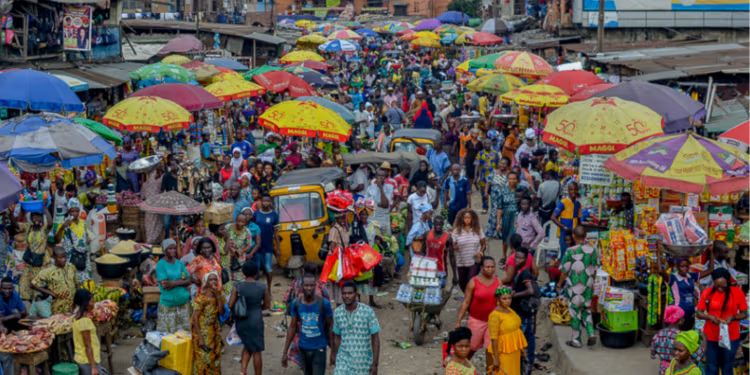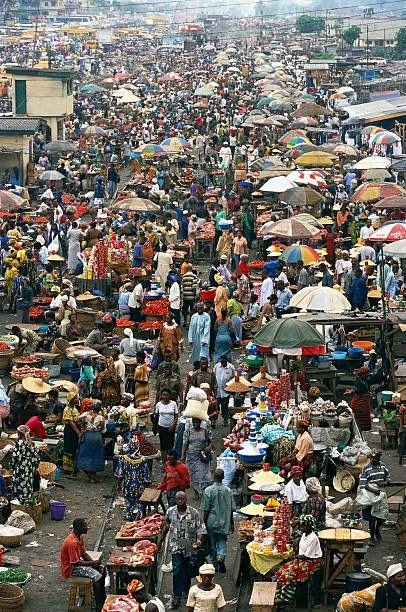Good News! Nigerian Businesses Are Growing Faster, Hiring More People
Nigeria’s economy is getting stronger, according to a key report! The country’s Purchasing Managers’ Index (PMI) jumped to 54.0 in September 2025, up from 51.7 in August. This marks the tenth month in a row that Nigerian businesses have reported expansion—meaning they’re making and selling more goods and services, and hiring more workers.

What does PMI mean for the ‘Common Man’? 🤔
Think of the PMI as a quick monthly report card for the health of Nigerian businesses.
A score over 50 means the economy is growing.
The higher the number above 50, the faster the growth.
A PMI of is great news because it translates to:
More Jobs: Companies are expanding and hiring more people (the Employment Index rose to 53.4), which means more opportunities for ordinary Nigerians.
More Goods Available: Production (or ‘Output’) is rising significantly, which helps ensure market shelves are stocked.
Stronger Economy: The sustained growth points to a more stable environment for policymakers and investors, which is key to long-term national prosperity.
Growth Is Happening Everywhere: The Three Key Sectors
The expansion isn’t limited to one area; it’s a broad-based improvement across Nigeria’s most important economic sectors:
In total, 28 out of 36 subsectors reported growth, proving the economic recovery momentum is real and spreading.
The Worrying Challenge: High Prices Remain 💸
Despite the good news on growth and jobs, the report confirms that cost of living pressures are still a major issue for businesses and consumers:

Input Prices (Costs to Businesses): These costs (e.g., for raw materials and transport) remain very high. The overall Input Price Index was 64.2 points, showing prices are rising fast.
Output Prices (Prices Consumers Pay): Businesses are being forced to pass these higher costs on to customers. The Output Price Index was also high at 59.9 points.
The Agriculture Sector faces the toughest battle, recording the highest input costs (68.4 points). This intense cost pressure on farming ultimately impacts food prices for every Nigerian household.

In short: Nigerian companies are growing faster and creating more jobs, but they are still struggling with high operating costs, which unfortunately keeps consumer prices elevated.
Join Our Social Media Channels:
WhatsApp: NaijaEyes
Facebook: NaijaEyes
Twitter: NaijaEyes
Instagram: NaijaEyes
TikTok: NaijaEyes






































